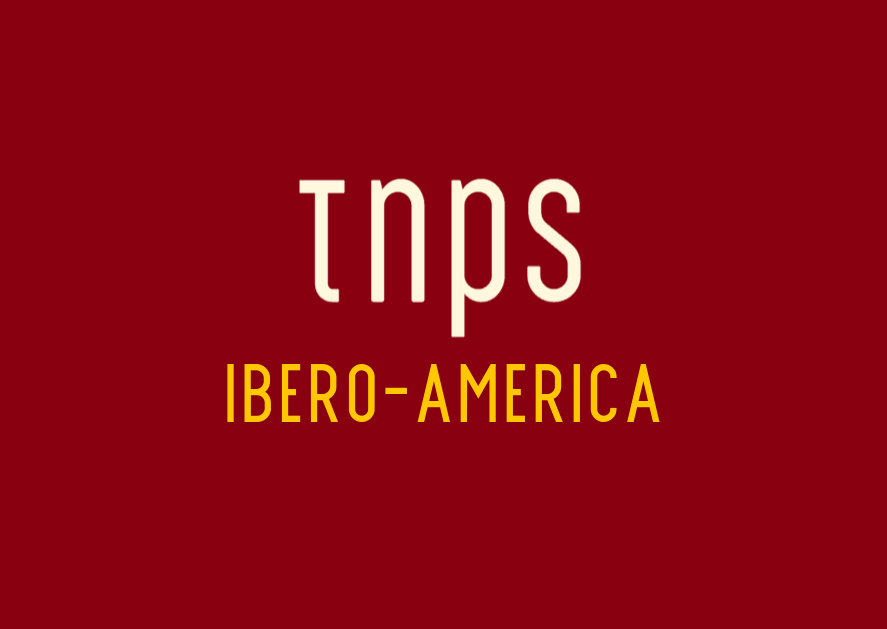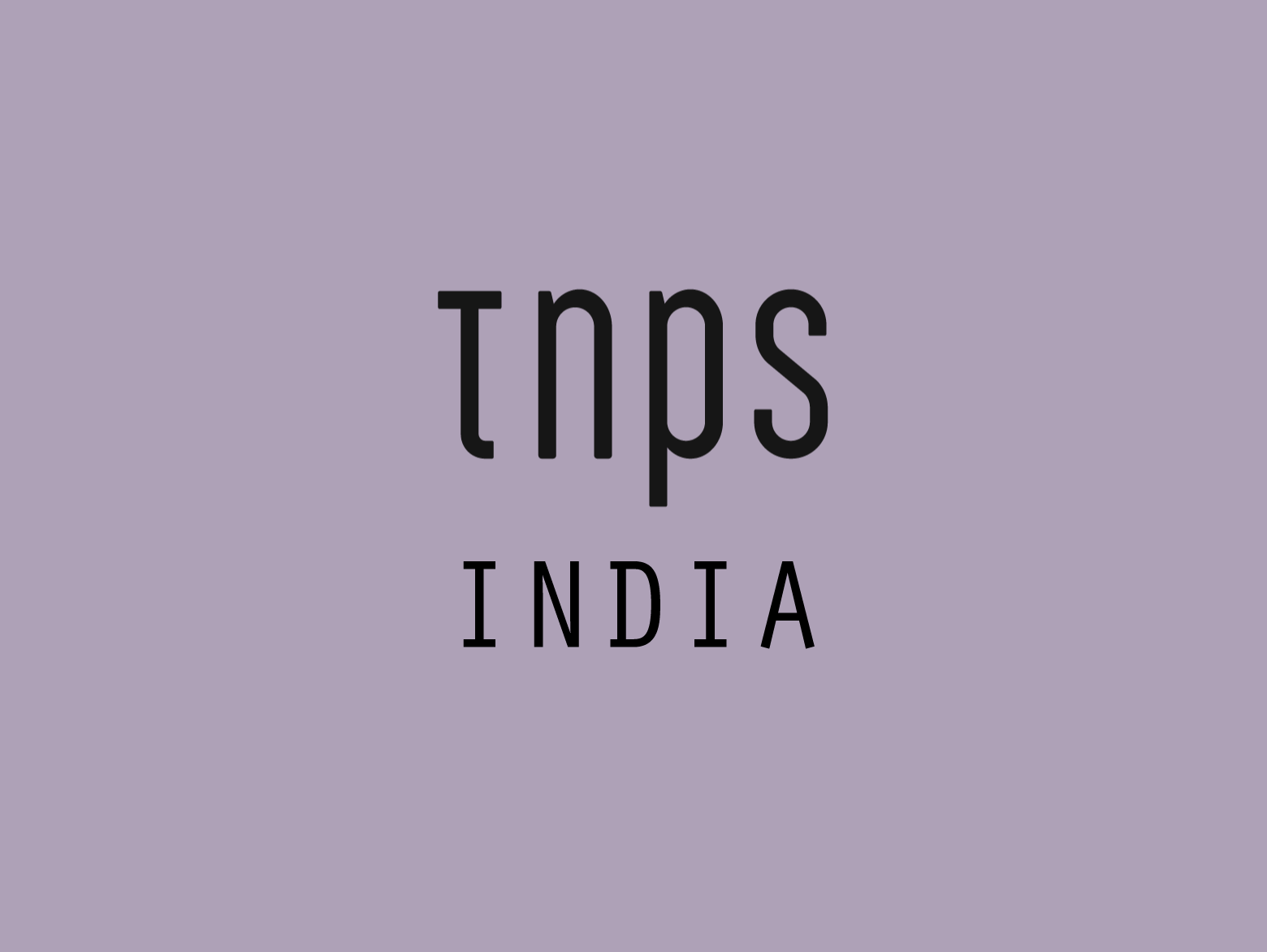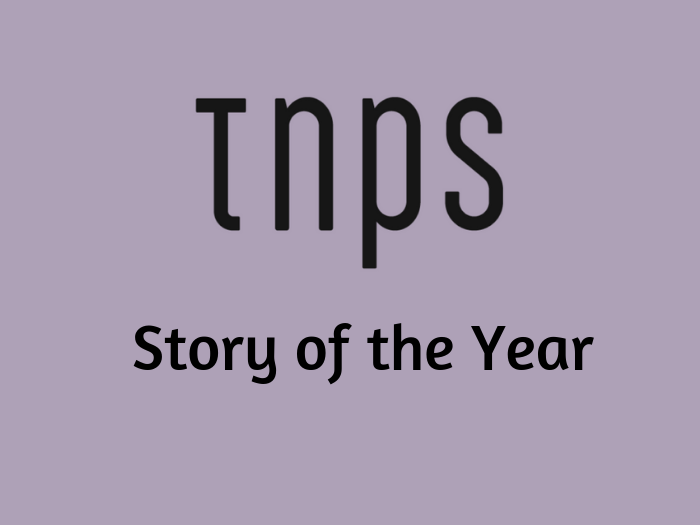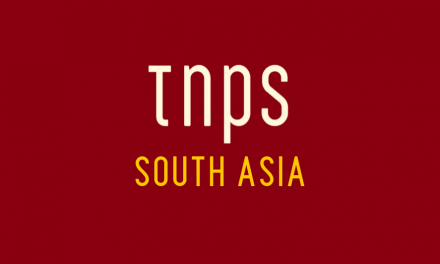What especially appealed to me is that FILBAC will be city-wide, not just at a single venue, integrating the entire city into its celebration.
The first edition of the International Book Fair of Barranquilla, the Atlantic and the Caribbean (FILBAC) will launch on Thursday, December 12, and run until December 15 at the Puerta de Oro Events Center in Barranquilla, Colombia.
Per a report in PublishNewsES, FILBAC will feature over 60 national and international guests, including notable Colombian writers such as Andrea Cote Botero, the recent Casa de América Prize winner for her book of poems “Querida Beth,” and Vito Apüshana, a Wayúu poet celebrating indigenous traditions. Additionally, Luis Felipe Núñez, author and journalist, will share insights from his book of short stories “Todos somos islas.”
The Fair will also host international figures like Mexican anti-racist activist Jumko Ogata, contemporary Latin American writer María José Navia, and children’s literature expert Jaime Alfonso Sandoval. The event aims to foster discussions on Caribbean literature, women’s roles in literature, oral traditions, and children’s and youth literature.
What especially appealed to me is that FILBAC will be city-wide, not just at a single venue, integrating the entire city into its celebration. Various cultural hubs like the Fábrica de Cultura, the Aduana, the Gran Malecón del Río, and Barrio Abajo will host presentations, talks, and activities, turning Barranquilla into a vibrant cultural circuit.
Every day of FILBAC will begin with free workshops led by experts such as illustrator Elizabeth Builes, poet Mery Yolanda Sánchez, and designer and illustrator Juan Camilo Mayorga.
This inaugural edition pays tribute to Marvel Moreno, a significant regional author known for her work “En diciembre llegaban las brisas” (“In December the Brisas Came”), which explores themes of exclusion, violence, and the subjugation of women within the conservative elite.
FILBAC not only celebrates literature but also fosters connections between diverse cultural and artistic sectors, solidifying Barranquilla’s status as a cultural beacon in the Caribbean. Colombia of course is one of only two South American countries with a border to the Caribbean.
Read more (in Spanish) at PublishNewsES with Lorenzo Herrero Sánchez.
This post first appeared in the TNPS LinkedIn newsfeed.





